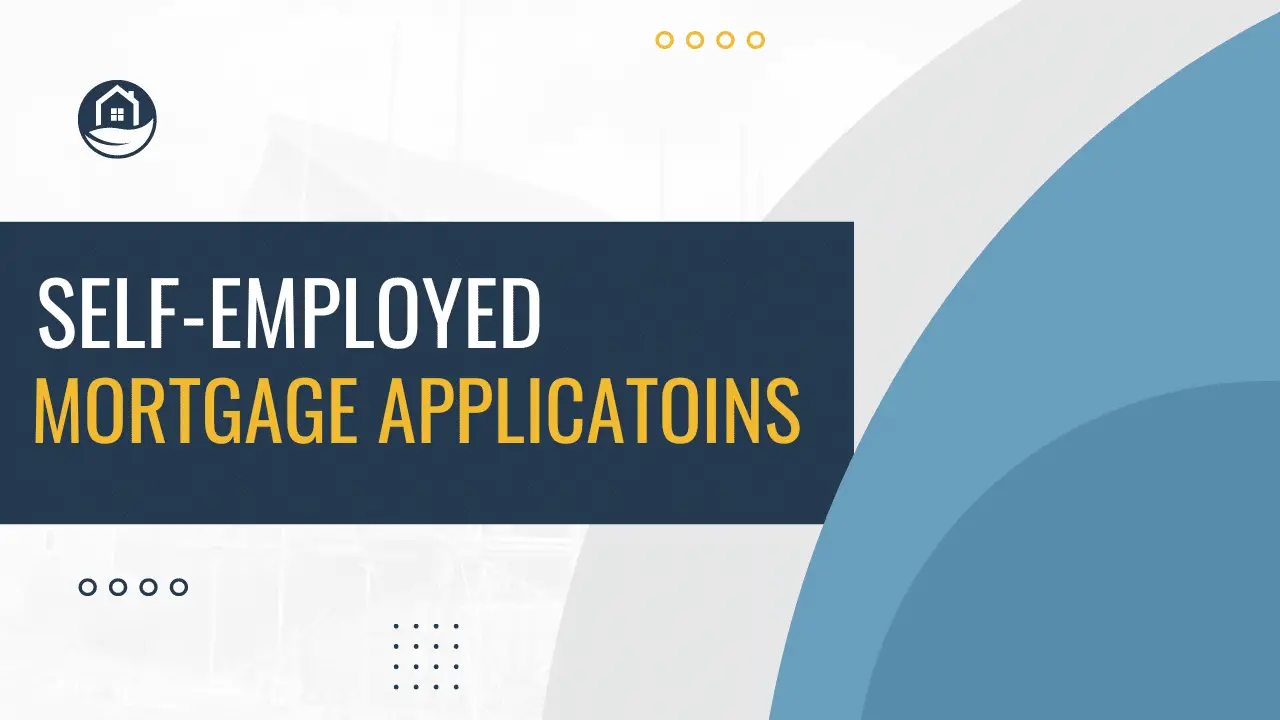Where is the best place to keep your savings in Ireland in 2023?
The interest rates on offer from banks over the past decade or more have been almost negligible, but with the ECB starting to raise its base interest rate as of late, are there now better options out there for savers? Let’s find out.
Best Interest Rates on Deposit Accounts January 2023
| Provider | Interest Rate | Level of Safety | Important Info |
|---|---|---|---|
| Raisin – Younited | 3.35% | Protected by Deposit Guarantee Scheme up to €100k – Very poor Customer Service (3.8/5 on Trust Pilot) | Min investment €2k – money locked up for 5 year term |
| Raisin – Privatbanka | 3.00% | Protected by Deposit Guarantee Scheme up to €100k – Very poor Customer Service (3.8/5 on Trust Pilot) | Money locked in for 12 months |
| Raisin – Banco Portugues de Gestau | 2.65% | Protected by Deposit Guarantee Scheme up to €100k – Very poor Customer Service (3.8/5 on Trust Pilot) | Min deposit €10k – Bank (BBB+) Credit Rating |
| Trade Republic | 2.00% | Protected by Deposit Guarantee Scheme up to €100k | No hidden charges |
| Bunq | 1.31% | Protected by Deposit Guarantee Scheme up to €100k | Interest paid out monthly – up to 2 instant withdrawals every month |
| Government Savings – National Solidarity Bond (10 Yr) | 0.96% | Protected by Deposit Guarantee Scheme up to €100k | Interest earned is not taxable – 10 year minimum hold |
| Permanent TSB – 5Yrs Fixed Term | 1.25% | Protected by Deposit Guarantee Scheme up to €100k | Money locked up for 5 years – Interest paid on maturity |
| AIB – Personal Fixed Term Deposit – 12 month term | 0.50% | Backed by Irish Government | €15k minimum balance – money locked in for 12 months |
| Bank of Ireland – GoldSaver Account | 0.25% | Protected by Deposit Guarantee Scheme up to €100k | Access cash at any time – no minimum |
Why Earn Deposit Interest Instead of Investing in the Stock Market?
Not everybody wants to put their funds at risk by investing them in the stock market and you can’t argue with them based on what has happened in the stock market over the past 12 months – which has seen popular stocks such as Tesla down over 60%.
If you are saving for a mortgage, car, home renovation, or you are just a person who is risk averse, then you are not likely going to want to be watching your savings go up and down €100’s or even thousands in the space of a day.
When you have money on Deposit you have no downside risk (once covered by a deposit guarantee scheme) and that can be very appealing to people.
The difficult part is trying to find an adequate return when you are taking no risk – as generally the higher the return the higher the risk.
What are the risks?
The biggest risk you will face is losing everything due to the financial institution you hold your money with going bankrupt – while the chances are usually remote, we have some very big examples in recent memory that have left a huge scar on our nation.
It is essential that whatever bank or company you decide you want to keep your money with, your account is covered by a Deposit Guarantee Scheme up to an amount of €100k.
A Deposit Guarantee Scheme (DGS) protects depositors in the event of a bank, building society or credit union authorised by the Central Bank of Ireland being unable to repay deposits.
How much interest will you earn?
If we take the first provider from the table above – Younited 3.35% your gross annual interest earnings before tax will be the following if you deposit €10,000:
- Year 1: €335.00
- Year 2: €346.22
- Year 3: €357.82
- Year 4: €369.87
- Year 5: €382.20
- Total interest : €1,791.05
What taxes do you pay on Deposit Interest in Ireland?
The Deposit Interest Retention Tax (DIRT) rate in Ireland is 33% and will be automatically deducted by Irish financial institutions before you are paid out your interest income.
In most cases you will not pay any further income tax, PAYE, or PRSI on that deposit interest – except in certain circumstances you could pay 4% PRSI
Anyone with unearned income of over €5,000 between the ages of 16-66 is considered to be a ‘chargeable person’ and is liable to pay the PRSI charge at 4% on all their unearned income.
If you have Unearned income from interest on deposits and savings of over €5k you will be liable to PRSI at 4% (for people aged between 16-66).
Disclaimer: This blog post is for informational and educational purpose only and should not be construed as financial advice.






